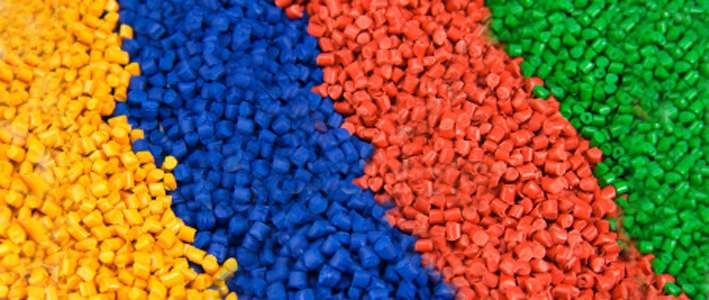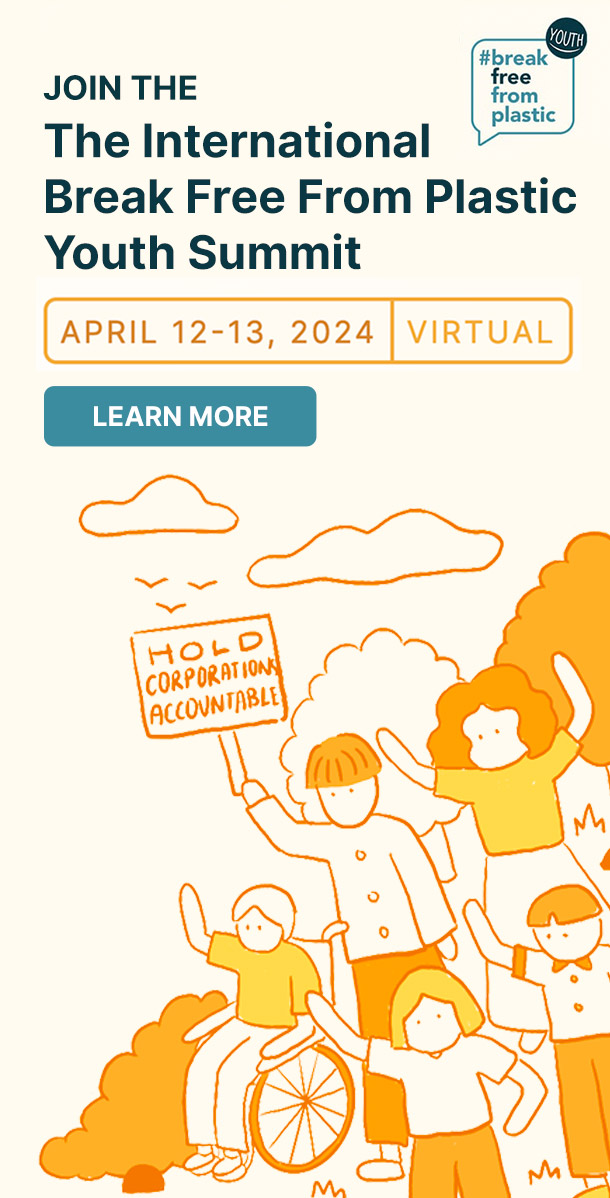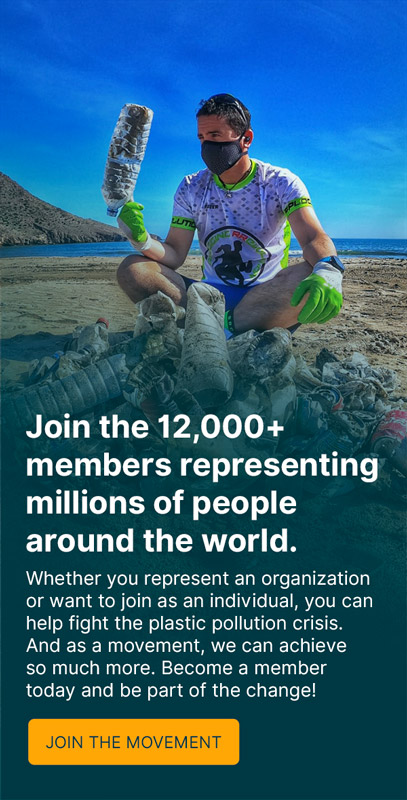FOR IMMEDIATE RELEASE
MEDIA CONTACT: Stefanie Spear, sspear@asyousow.org, 216-387-1609
Oakland, CA—Jan. 10, 2019—As You Sow is challenging three of the world’s largest plastic resins manufacturers to disclose actions taken to prevent and remediate spills of pre-production plastic pellets into waterways during production or transport. Plastic pellets are estimated to be the second largest direct source of microplastic pollution to the ocean by weight.
After attempts to engage the companies in dialogue were unsuccessful, shareholder proposals were filed recently with Chevron, DowDupont, ExxonMobil, and Phillips 66, which own large petrochemical operations that produce plastics. The proposals ask for annual reports disclosing spills and measures taken to prevent and clean up any spills.
Most plastic products originate from plastic pellets, also known as pre-production pellets, or nurdles. Billions of plastic pellets are swept into waterways annually, adding to harmful levels of plastic pollution in the environment.
The chemical operations divisions of the four companies are members of Operation Clean Sweep, an industry initiative with a stated goal of reducing pellet spills through adoption of best practices to prevent spills, but this initiative has provided no public reporting in more than 25 years of existence.
“The industry’s effort to deal with pellet spills, Operation Clean Sweep, provides no transparency on the scope and nature of spills or efforts made to clean up,” said Conrad MacKerron, senior vice president of As You Sow. “Given what we know about the alarming rates of plastic leakage into oceans, companies can no longer hide behind vague pledges of best practices. They need to provide prompt and detailed disclosure about specific actions taken to prevent spills, and when spills occur, information on spill size, and actions taken to clean up.”
Pellets are similar in size and shape to fish eggs and are often mistaken by marine animals for food. Plastic pellets can absorb toxins such as dioxins from water and transfer them to the marine food web and potentially to human diets, increasing the risk of adverse effects to wildlife and humans.
Eight million tons of plastic leak into oceans annually, impacting 260 species, causing fatalities from ingestion, entanglement, suffocation, and drowning. Plastic does an estimated $13 billion in damage to marine ecosystems annually. If no action is taken, oceans are expected to contain more plastic than fish by 2050.
One recent study estimated that up to 53 billion pellets may be spilled annually in the United Kingdom alone. Another study concluded that continuous leakage from one major industry production complex in Sweden releases up to 36 million plastic pellets annually. The U.S. Environmental Protection Agency fined at least four companies in the last two years for spilling pellets into waterways in Southern California.
DowDupont and its subsidiaries reported 120 material spills in 2016 and 2017, but company information lacks specificity as to which may have involved pellets, whether spills occurred on land or waterways, and the extent to which spilled materials were recovered. In 2017, joint venture SCG-Dow disclosed four high-severity spills that may have released up to 11,000 pounds of plastic powder or granules. No information was provided as to what extent of that spill was recovered and what action was taken to prevent similar spills in the future.
For more information on As You Sow’s work on ocean plastics, click here.




